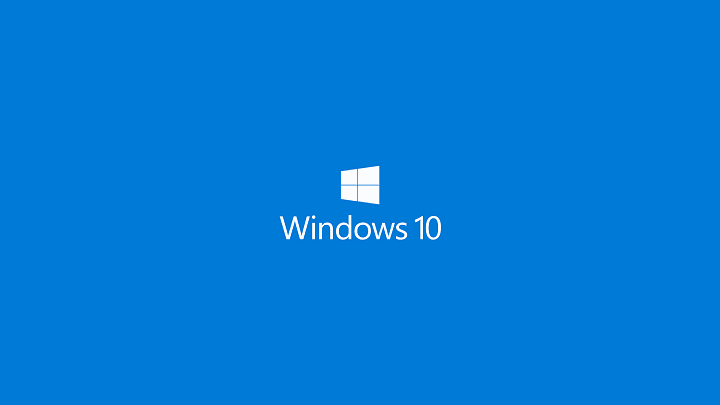Microsoft unlikely to hit 1 billion devices by 2018 milestone
2 min. read
Published on
Read our disclosure page to find out how can you help Windows Report sustain the editorial team Read more

Back in 2015, Microsoft made a huge deal about wanting to have 1 billion devices running Windows 10 on the market by 2018. At the time, many thought it was impossible and now those doubts seem well-placed because Microsoft doesn’t believe it will hit that milestone either.
Windows 10 on the desktop is going well. Over 350 million computer users have upgraded to the operating system in less than a year after its arrival. One would think Microsoft would have no problem meeting its 1 billion goal with this rate of conversion, but bear in mind that Windows 10 is not all about desktop anymore.
The reason the software giant doesn’t believe its 2018 plan is feasible has everything to do with its mobile strategy. Windows 10 Mobile is going nowhere fast, and will be unable to propel Microsoft to that 1 billion device goal.
The PC and the Xbox One will no doubt soldier on, especially with the Xbox One S set to launch on August 2, 2016 and Project Scorpio for holiday 2017. Unless Microsoft can pull off a miracle with its rumored Surface Phone, then there’s little chance it will hit its goal of 1 billion devices with Windows 10 as the driver.
The company provided a statement as follows to ZDNet:
“Windows 10 is off to the hottest start in history with over 350M monthly active devices, with record customer satisfaction and engagement. We’re pleased with our progress to date, but due to the focusing of our phone hardware business, it will take longer than FY18 for us to reach our goal of 1 billion monthly active devices. In the year ahead, we are excited about usage growth coming from commercial deployments and new devices – and increasing customer delight with Windows.”
From our point of view, Microsoft should blame itself instead of laying the blame on mobile. Before the purchase of Nokia’s devices division, Windows on mobile was actually growing at a slow pace — but growing nonetheless. Microsoft took over and all that growth stopped, with everything quickly tumbling downhill from there.
RELATED STORIES YOU NEED TO CHECK OUT:








